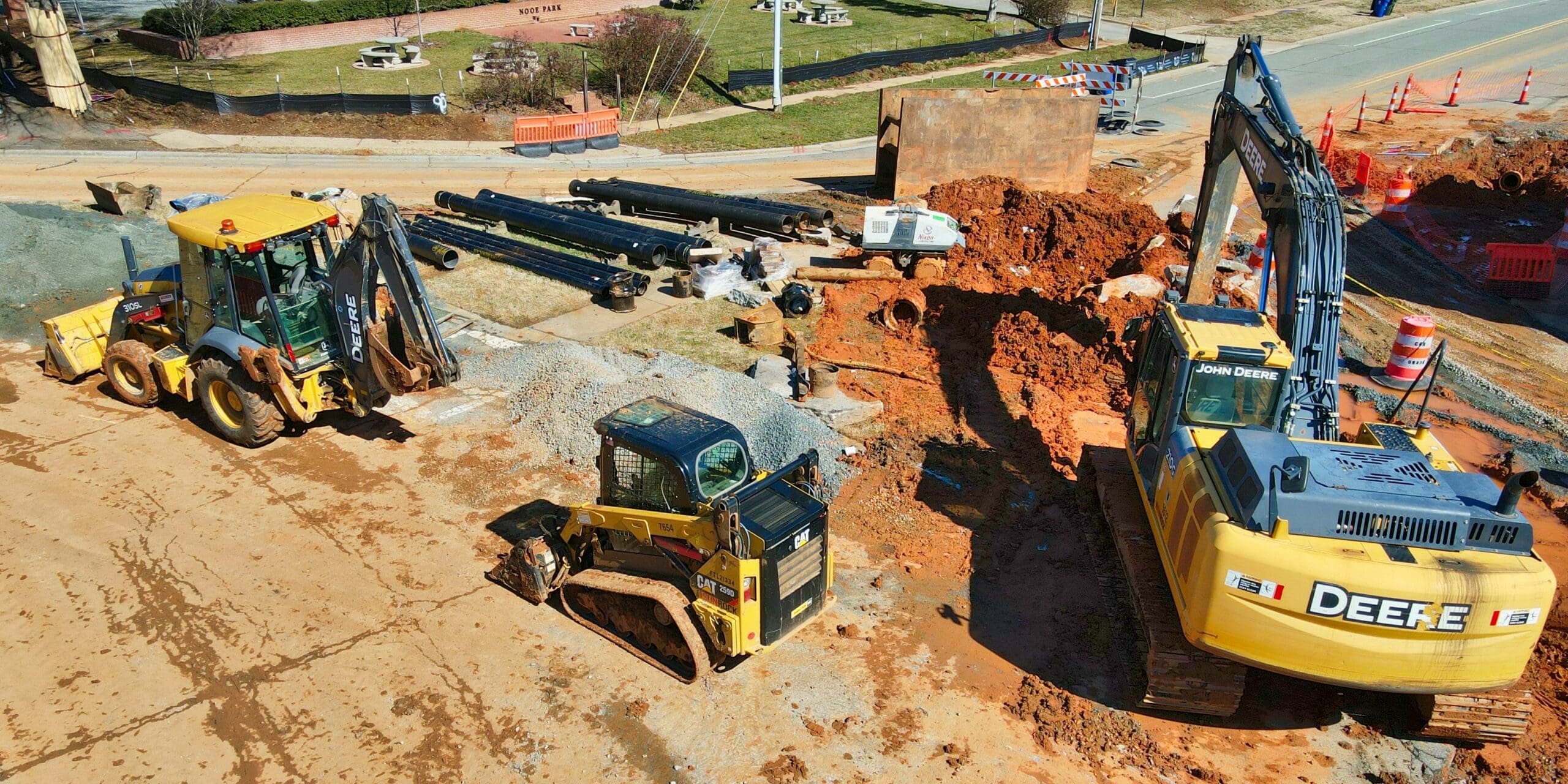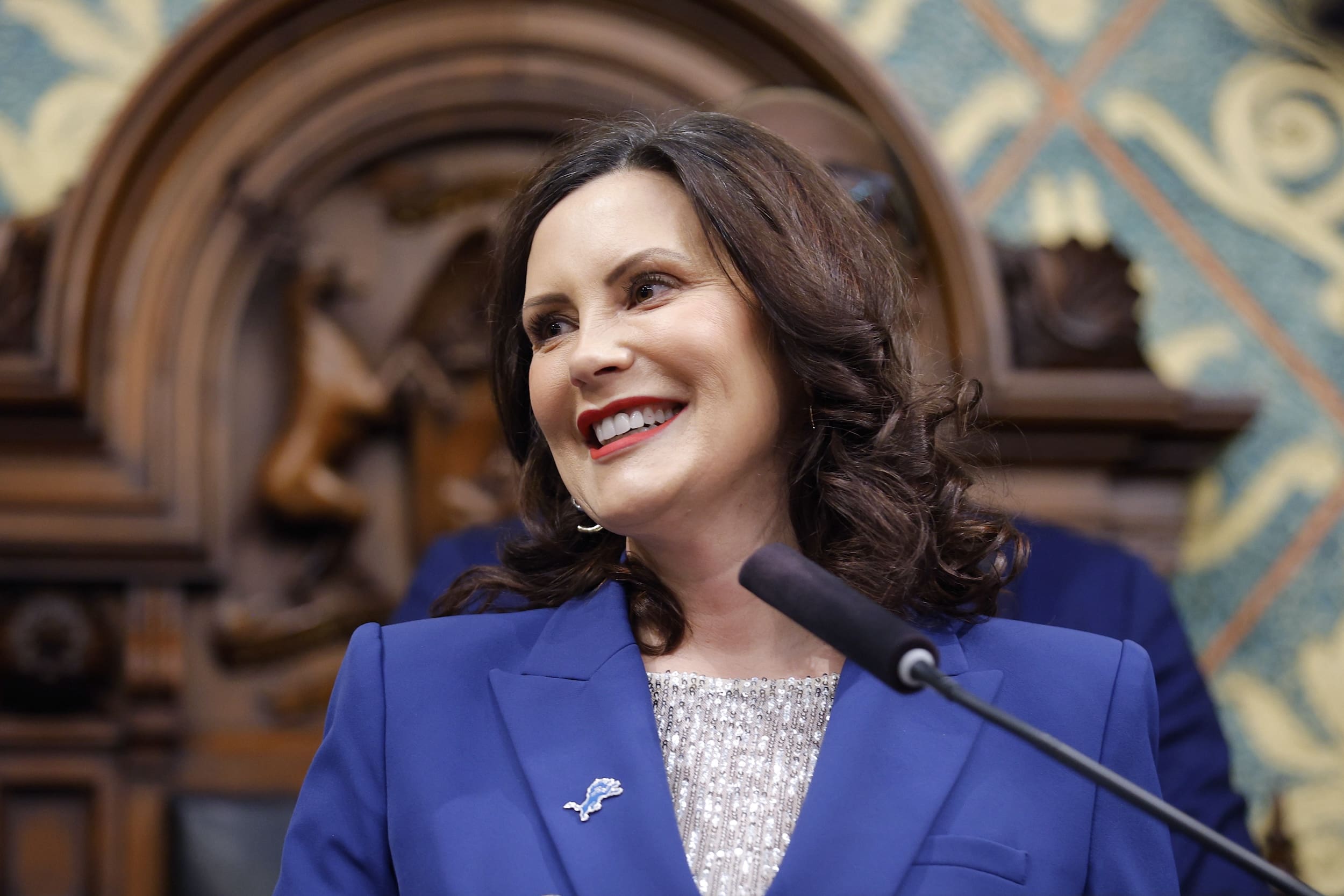Gov. Whitmer pledges $1.4B for 10,000 additional homes in Michigan
‘Housing is a serious challenge, so we’re making this serious investment,’ Whitmer said during her State of the State address.

From affordability to availability, Michigan has a housing problem — but a new plan announced by Democratic Gov. Gretchen Whitmer is intended to be part of the solution.
In her State of the State address on Jan. 24, Whitmer proposed a $1.4 billion investment in building or refurbishing nearly 10,000 homes across the state. She claimed it would be the largest investment in housing in Michigan history.
“Housing is a serious challenge, so we’re making this serious investment,” Whitmer said. “It’s about so much more than just a roof over your head. Housing builds generational wealth. It forms the foundation for success in school and work and life. Let’s work together to build more housing so every Michigander has an affordable place to call home.”
Inadequate housing has been a major economic roadblock for the state as it attempts to grow its stagnant population, attract new businesses, and appeal to young people who are looking to settle down.
Jada Flowers, a 24-year-old Detroit resident working as a project coordinator, is a first-time homebuyer who has been searching for a house in the metro Detroit area since August. She’s discovered that finding the right home might come with trade-offs regarding her preferences, but she thinks there isn’t enough regulation of remodeling of older homes, which may be renovated shoddily using low-quality work and materials that aren’t obvious during the purchase process.
She said she recently found a property that she thought was the one, but an $800 quality inspection revealed that the house had leaks in the basement, poor electrical configuration, improper gutters, and mold.
“It has made looking for another home more challenging in fears of spending more money on inspections to reveal more red-flag problems I don’t want to deal with as a first-time homebuyer,” Flowers said.
The Michigan State Housing Development Authority made an assessment of the state’s housing market in the first statewide housing plan, which was released in 2022. The report found that about 48% of renters and 18% of homeowners in Michigan paid over 30% of their income for housing before the COVID-19 pandemic. Since the beginning of the pandemic, the ability for renters and buyers to afford housing has worsened.
The report revealed that almost half of all housing units in Michigan were built before 1970 and that the number of new-construction building permits issued from 2016-2020 is less than half what it was from 1986-2006.
“Everyone recognizes that the lack of affordable, quality housing is a critical barrier to Michigan’s growth and prosperity—there is an extreme shortage of rental homes in Michigan, and over 300,000 households are made up of renters with extremely low incomes,” Monique Stanton, the president and CEO of the research and advocacy nonprofit Michigan League for Public Policy, said in a statement.
Housing policy has been a focal point for Whitmer since she took office in 2019. In her speech, she revisited some of her administration’s past achievements in growing the state’s housing supply, including building 34,000 housing units and generating 20,000 construction jobs.
The large-scale housing investment would move the state closer to Whitmer’s goal of building or refurbishing 75,000 units by 2027, a target that she based on the housing plan’s findings.
The proposed units, the governor noted, will be a mix of single-family homes, apartments and mixed-use buildings.
In addition to filling housing needs, Whitmer said, the projects would help to create thousands of jobs for skilled-trade workers such as pipe fitters and carpenters.
Democratic House Majority Floor Leader Rep. Abraham Aiyash said housing policy will be an important issue for the House of Representatives this year. Democrats and Republicans in the House are deadlocked 54-54 until special elections this April to fill two vacant seats, but Aiyash thinks both parties will be able to find common ground on housing.
“If you look at the important conversations that we’re having across the state, everywhere you go, whether it’s a Republican area, a Democratic area, rural, urban, the question is around, we don’t have enough housing, and if there is housing, it’s not an affordable place to live,” Aiyash said. “That is an issue that is going to take some time to fix, but we must start focusing on that now.”




